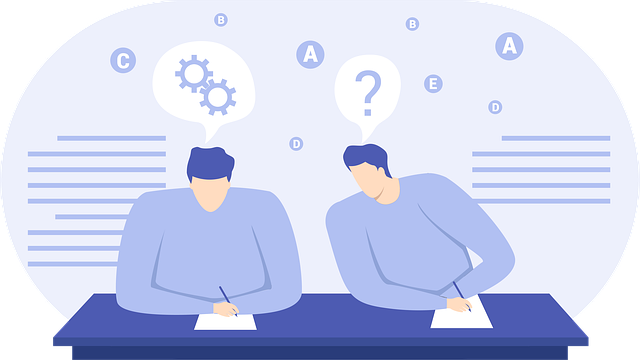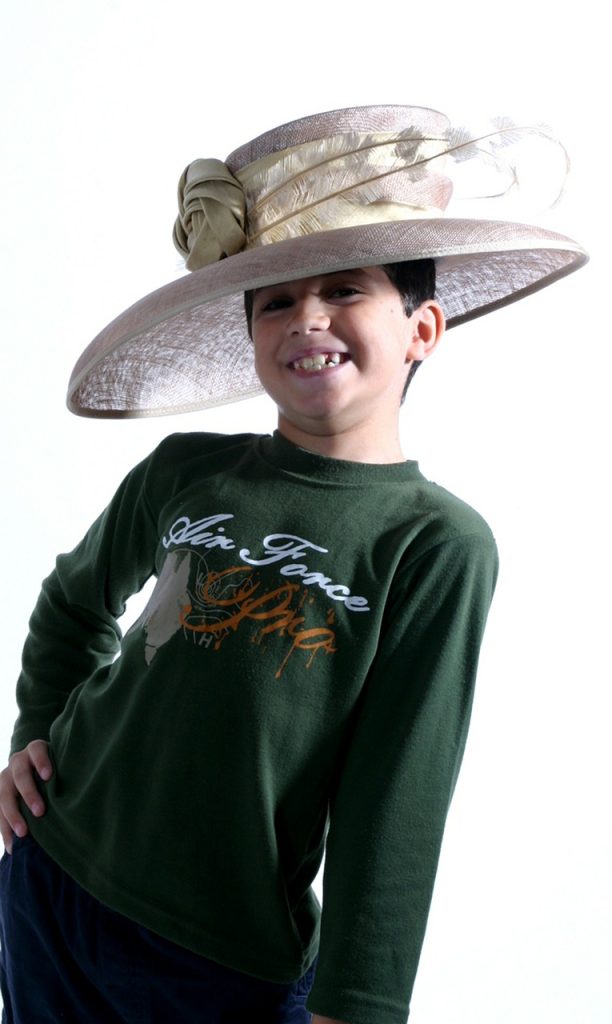I’m a college student in my senior year now, but between birth and 12th grade, I was homeschooled. During that time, the idea of cheating rarely even crossed my mind. If it did, it was usually because of an accident. Perhaps my mom left an answer key on the kitchen table, or she gave me the login details to the teacher’s edition of the textbook. Even in those rare cases, I would often abstain from cheating out of guilt and fear, or because I had a genuine desire to learn the material. But even at home, school is still school, and once in a blue moon I would indulge in the dark, soul-crushing practice of cheating. To my knowledge, I was never caught.
My first encounter with cheating as a regular part of the life of others was not until I enrolled full-time at a local community college at the age of 16. The students there would cheat, but they wouldn’t talk about it. They hid it as best as they could, some out of shame, others out of fear. Nonetheless, everyone knew it was happening. I had people cheat off of me on tests and go so far as to offer to pay me to write their papers. During any quiz or exam, you could look up from your seat and see all of your fellow students on their phones, googling the answers or browsing websites like Quizlet to find the solutions.
If you’ve gone to college in the past ten or so years, you know what Quizlet is, and chances are, you’ve used it for the same purpose at some point in your collegiate career. If you don’t know, Quizlet is officially a website for students to make personalized sets of online notecards for use in study. Unofficially, those notecards are one of the most popular free ways for students to cheat. The triumvirate of cheating websites is not complete, however, without the very similar paid services Brainly and Chegg. While Quizlet can arguably be used for its official purpose, there is little reason for Chegg’s existence beyond cheating. Chegg provides the answer keys for the exams and assignments used by most professors (since most professors don’t write their own questions, most answer keys are on Chegg’s database). While young me was gripped with guilt and fear at the thought of taking the answer key from the table in front of me, students using Chegg don’t have to physically do anything – they simply have to type in the necessary information and pull it up online. Paying students can also copy and paste their homework questions onto Chegg, which hires “experts” to answer each question in intense detail. When I asked one fellow-student why he paid for a Chegg subscription, he replied, “Ten bucks a month for good grades? I’ll pay for that!”
I told myself that a community college was simply a place where people didn’t care that much about academic honesty and education as a whole. To an extent, that’s true, as the community college I attended has a graduation rate of 27.9%. So when I graduated from my community college, and moved on to the respected four-year University of North Carolina at Charlotte in 2020, I expected things to be different. I went into the school with a lust for learning and a true belief that higher education was a way I could do it. The second week of my first semester, waiting outside class for the professor to arrive, I had a disturbing conversation with my classmates. About half a dozen of them were talking openly about how they intended to cheat on the exam. The conversation was long and very loud. Only one of them looked nervous in the slightest, and even he eventually opened up about his preferred methods. When the professor finally did arrive, one student, who had stayed quiet for most of the conversation, laughed and told the crowd, “I never admit to cheating out loud. I’m also not one of those crazy people who admits to it on the class group chats. So many people get caught that way. Gotta have that plausible deniability.” If you think he sounds like a politician, you’re right. He’s now an important member of the UNC Charlotte Student Government.
I shrugged off the conversation and went on to make straight A’s in my first semester, but more and more, I was bothered by the lack of shame from my fellow-students. Conversations like the one I had outside of class are commonplace. It’s so normal to see or hear about a student cheating that most people don’t even seem to think about it. I often considered reporting people to the school, but always decided against it. I had to question whether it was worth it to get someone put on academic probation and not even put a dent in the real problem. Reporting one person would change nothing, so I would essentially ruin someone’s life for the sake of it. Instead, I continued pushing the issue to the back of my mind.
But there came a day when I couldn’t any longer. It was my second semester at UNCC. Finals were approaching, and in one of my classes, none of the students were prepared. The exam was essentially impossible to do well on. One would have to memorize several hundred pages of information word-for-word in order to know the answers to all of the questions. My furious fellow-students talked for some time, both in person and online, about what they would do. In the end, it was a unanimous decision: they would cheat. One of them compiled all of the information they would need into a singular document and shared it with everyone before the exam. I did what I usually do: I told them that I don’t approve of cheating, and that they should be more careful – they never know who’s going to report them.
Then I studied. I studied long and I studied hard. I did everything I could. I memorized everything that I could. A straight-A student would normally be confident in himself after such preparation. Yet when I entered that class on that cold Monday evening, and sat down behind my laptop and viewed the online 50-question test, I knew I had no chance. I also knew that all I had to do was open another tab on my web browser and pull up the class’ document, and I would do wonderfully. I knew every other student in that room was doing it. It was a surprisingly painful and difficult decision, but I didn’t do it. I didn’t cheat. And I paid for it.
The average grade on that exam was in the high 90s. I got a 60. At that point, it was the lowest grade I’d ever gotten on an exam. I was so distraught that I hurt my foot kicking against a park bench. I tried to calm myself down by reasoning out a solution. I convinced myself that there would be a curve. When an exam is very difficult, the entire class should do badly. The professor will often account for this and “curve” the grade upwards, giving everyone an extra 5, 10, 20, or in same cases upwards of 30 points on their grade. An exam as difficult as this one, barring a professor who does not curve exams, always has a curve. But do you see the problem, dear reader? Everyone else in the class cheated. The average grade was an A. There was no curve on the exam. My grade remained 60%.
When a single person cheats, they are usually only hurting themselves. They simply won’t learn the material. But when cheating becomes epidemic, it not only destroys the cheater’s ability to learn, it disincentives not cheating. Professors begin to overestimate students. Exams become more difficult, and curves become less frequent. Any honest student is forced to either compromise their grade, or compromise their morals and join the ranks of the cheaters. That should not be a choice that any student has to make, yet it is the choice that every student makes every single day. As cheating becomes more widespread and students get even better at doing it in secret, this problem will only grow worse.
My anecdotes are not isolated instances, and I am not overstating the widespread nature of this problem. Studies from Rutgers and Kessler International state that between 68% and 86% of students admit to cheating on exams and other assignments. The same studies state that 97% of those cheaters were never caught. A sobering 54% of the cheaters said that cheating wasn’t wrong, and some even directly stated that cheating was necessary to remain competitive.
There are ways that professors attempt to combat this epidemic, but students have found a way around these meager measures. Most professors put blind trust in software like lockdown browsers or naively appeal to students’ consciences. This invariably ends in whole classrooms of successful cheaters. I refuse to believe that most professors understand just how extreme the problem is. I have to believe they’d try harder to stop it if they did.
Though I somehow managed to get an A in that class and keep my straight-A status that second semester, I have never looked at higher education the same way. What I once saw as a promising place of learning and knowledge has since become a laughingstock in my mind. It’s a place where the disingenuous prosper and the honest struggle. It’s not about learning or about education – it’s about getting a piece of paper so you can later get a job.
Perhaps my view is too cynical. Perhaps I am throwing out the entire system too quickly. But if nothing is done soon, college will soon only produce two types of people: those who learned to cheat, and those who learned that the cheaters always win.
SOURCES:
https://www.cleveland.com/metro/2017/02/cheating_in_college_has_become.html





